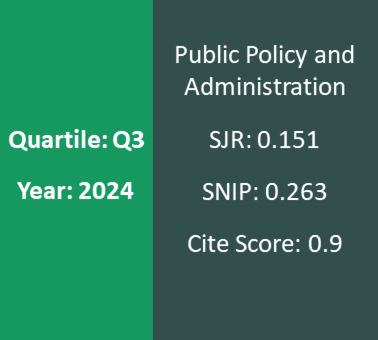Challenges for Civil Society: Participation in the Baltic States Region Building
Keywords:
third sector, civil society, NGOs, Baltic states, collective action theory, state development, region development.Abstract
This article addresses the question of how the emergence and development of NGOs differ in respect to their
environmental form in different Baltic states. Attempting to do this, the research looks at three important aspects
related to third sector building and performance in the Baltic States. Firstly, the article describes the main political
features and roles of the civil society in the development of democracy by using collective action theory. Secondly, it
analyzes the conditions for the emergence of NGOs in contemporary Baltic countries, while involving the theory of
region building and theory of P. Joenniemi about the emergence of NGOs. The article considers a few periods: before
1991 and after till 2006, while dividing it into four periods before 1991, and 1991-1997, 1998-2003, 2004-2006. The
following helps to identify the peculiarities more objectively and assess broader results of participation while adapting
collective action theory. As a result, the article assumes that the development of civil society is progressive, but
not sufficient in the context of international issues and public motivation.





